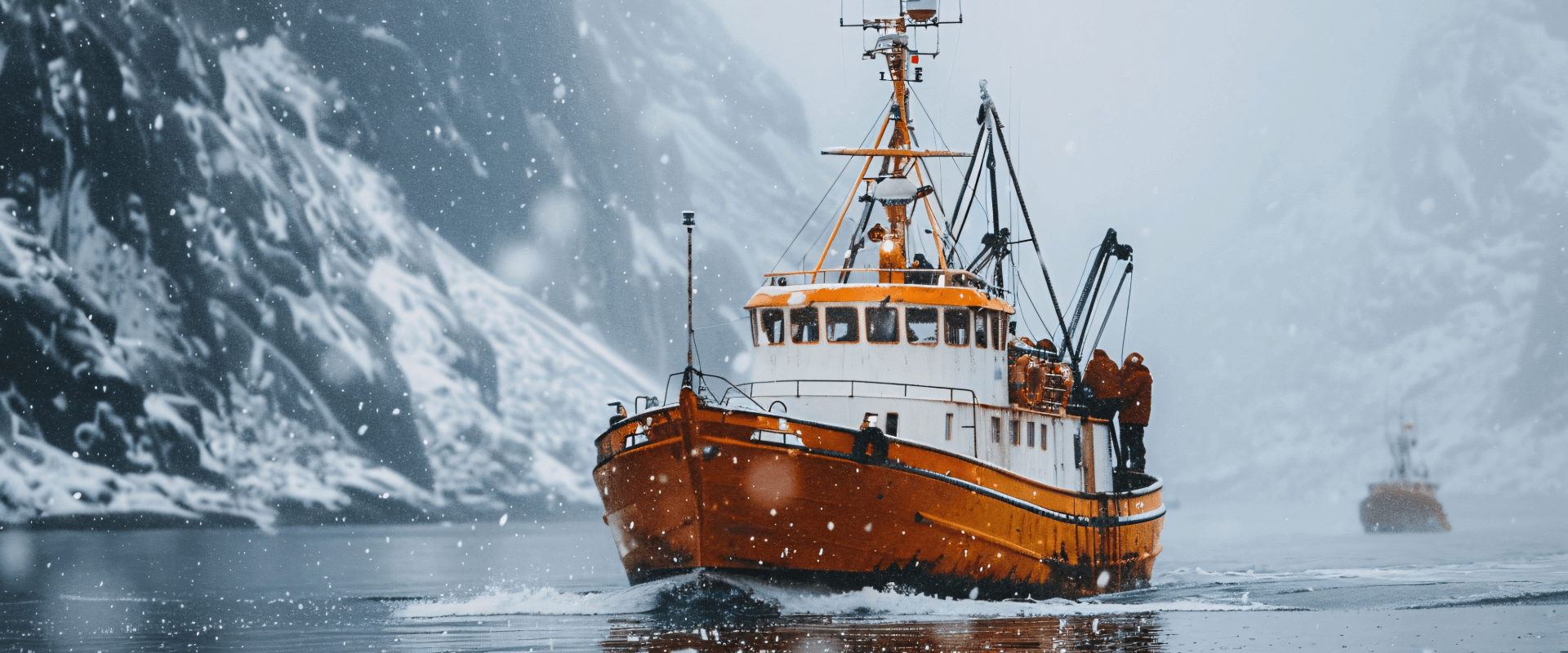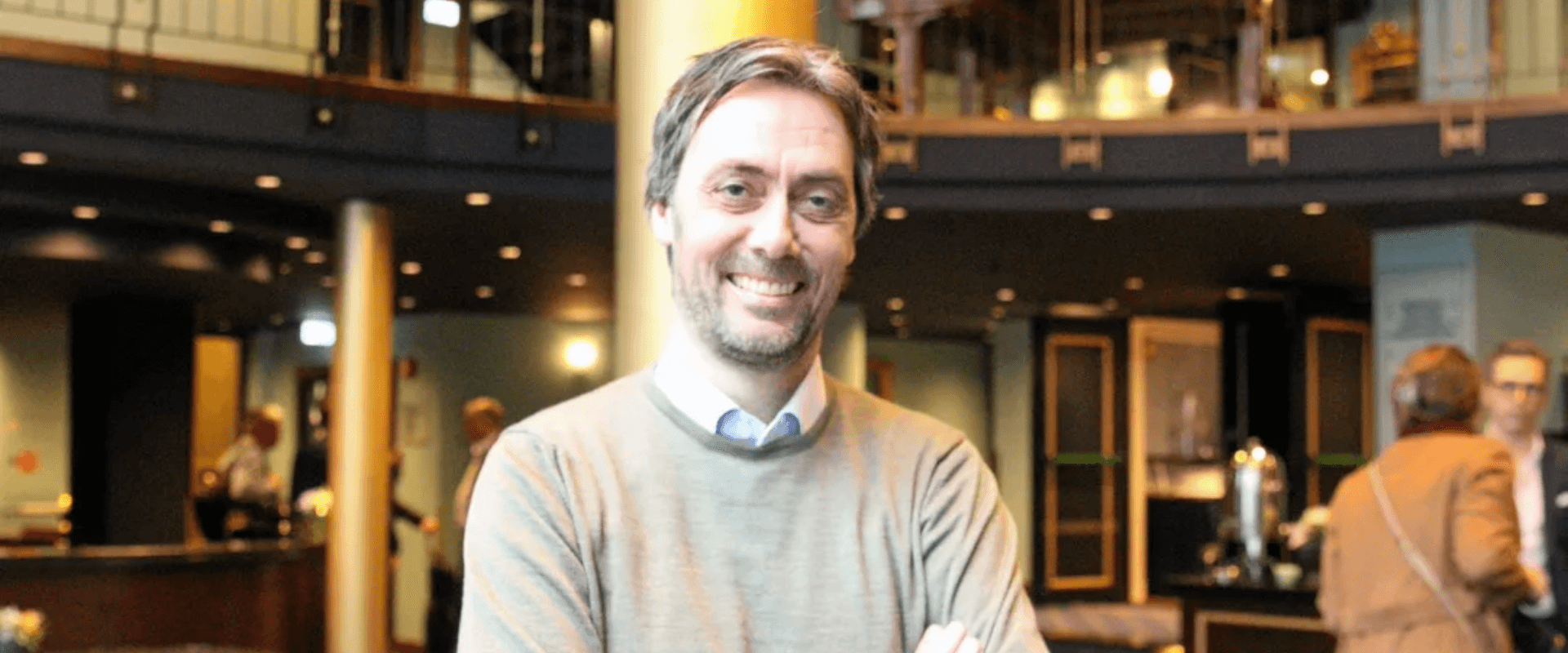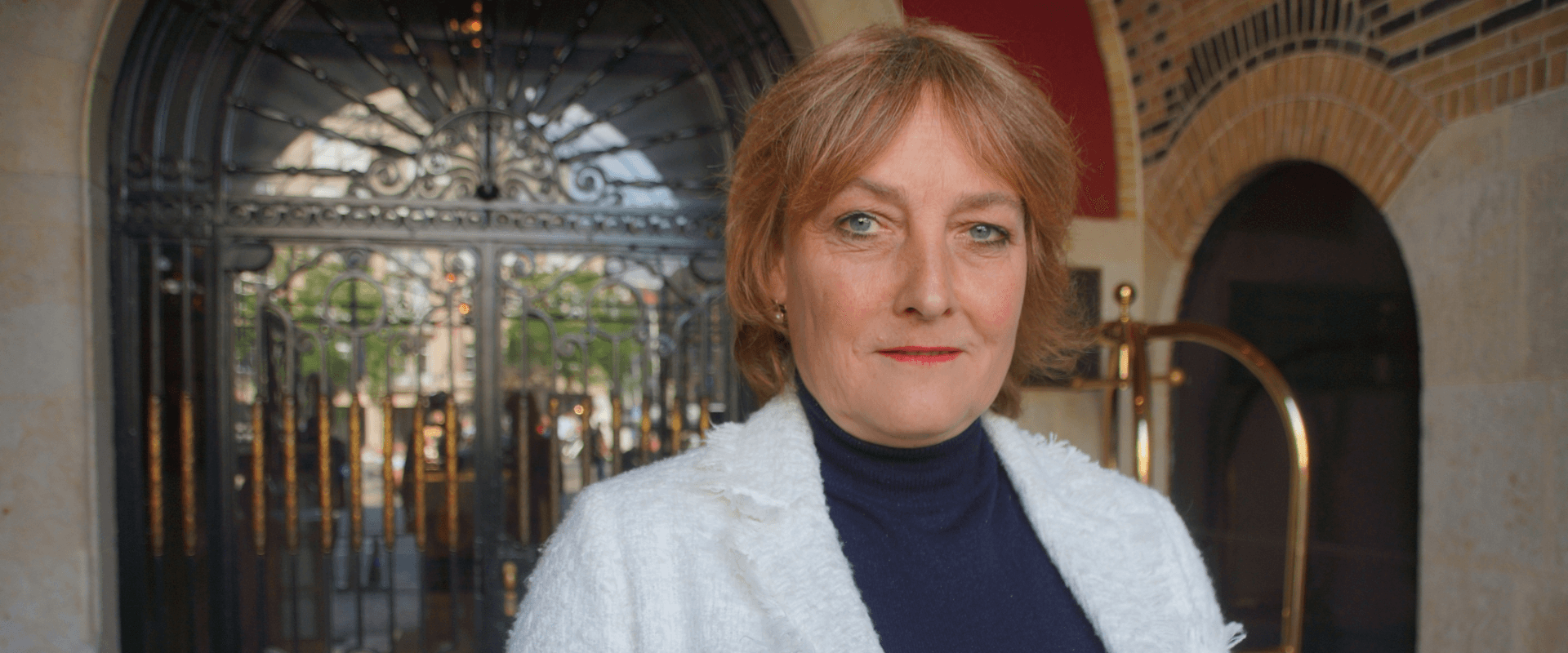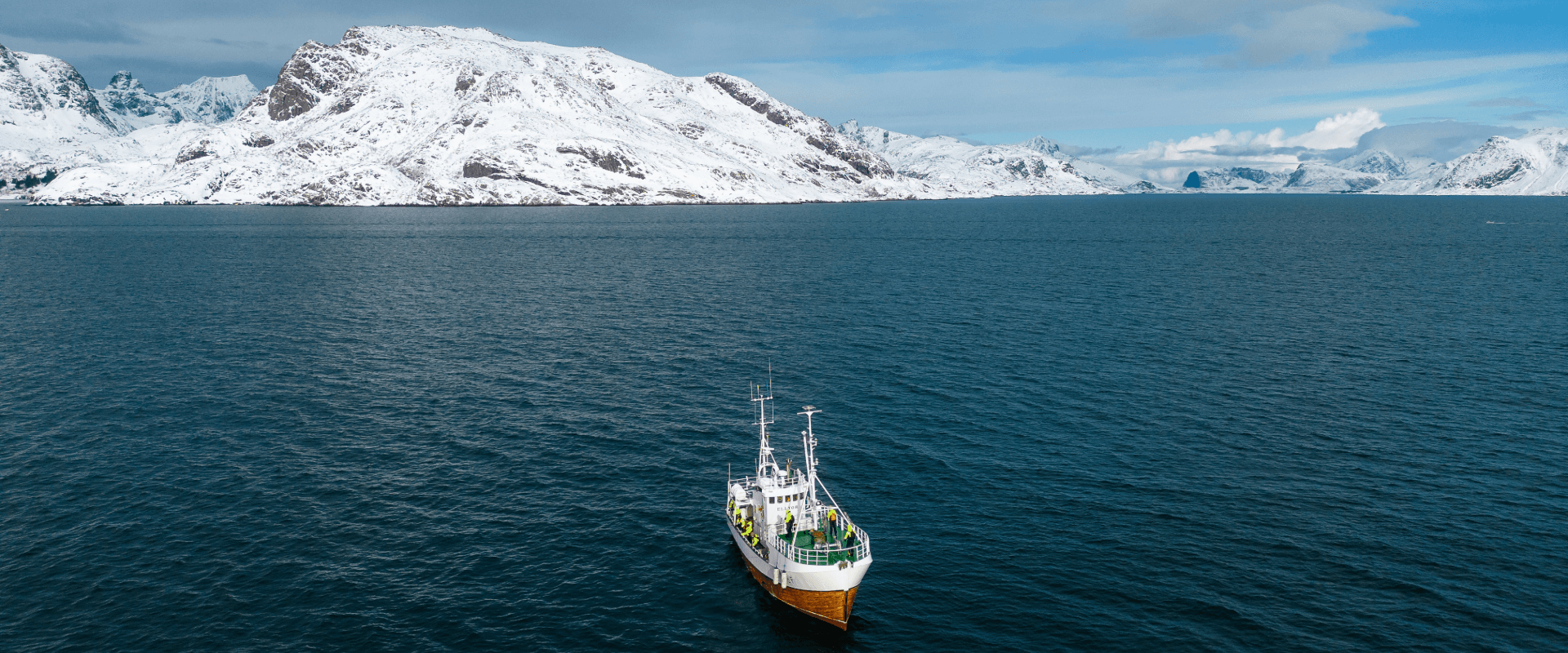Cod in Crisis: How Illegal Fishing and Quotas Threaten the Barents Sea
Posted by Stelios on 5th Dec 2024 Reading Time:
The Barents Sea, a critical hub for global whitefish supply, faces a perfect storm of declining fish stocks, economic reliance on Russian imports, and concerns over illegal fishing. As quotas are slashed to historic lows, the environmental and geopolitical stakes have never been higher. The crisis underscores the fragility of marine ecosystems and the intricate links between global trade and political conflict.

The Scale of Illegal Fishing in the Barents Sea
Illegal fishing remains a persistent challenge in the Barents Sea, undermining efforts to sustain fish stocks. Norwegian fisheries inspector Tor Glistrup warns that fraud, such as mislabelling catches or using duplicate documents, continues to enable overfishing on a massive scale. Historical data revealed that Russian fishing fleets traded 100 million kilos of illegally caught cod between 2002 and 2008. While enforcement has improved since then, recent evidence suggests that illegal activities persist, further threatening an already vulnerable ecosystem.
The Environmental Justice Foundation (EJF) criticised Dutch ports for lax inspections, revealing that only 7.5% of non-EU landings were physically inspected, with Russia-specific inspections falling below this threshold. “The Netherlands is effectively a gateway for illegal fish into Europe,” said Amélie Giardini of EJF. Such gaps create fertile ground for fraudulent practices that could devastate fish populations.
Socio-Economic Fallout for Local Communities
The impact of declining fish stocks extends beyond economic numbers, profoundly affecting local fishing communities. The Sami people of Norway, who depend heavily on sustainable fishing, face an existential threat. Reduced quotas and collapsing stocks lead to job losses, food insecurity, and fears of rising child poverty. Small-scale fishers are particularly vulnerable, often lacking the resources to adapt or shift to alternative livelihoods.
Christian Halstensen, chairman of Norway’s fishing industry organisation Fiskebåt, remarked: “These quota reductions are necessary for sustainability, but we must not ignore the profound social impact. Governments need to support fishers through this transition.”
Meanwhile, large Russian companies like Norebo—backed by the Kremlin—have rapidly consolidated their grip on fishing quotas, leaving small fishers in Norway and Europe struggling to compete.

Christian Halstensen, chairman of Norway’s fishing industry organisation Fiskebåt (image source Christian Halstensen)
Sustainability Challenges in the Barents Sea
The Barents Sea’s cod population, once a cornerstone of global fisheries, is nearing a critical tipping point. Catching young cod before they can reproduce has exacerbated the problem. Russia’s intensified activities in the eastern Barents Sea, where juvenile cod are abundant, raise red flags among experts. Glistrup noted: “If young fish are removed prematurely, recovery becomes almost impossible. It’s a short-sighted approach with devastating long-term consequences.”
Norway and Russia continue joint research programmes to counteract these trends and enhance stock management. These initiatives align with international methodologies but require stricter enforcement to ensure effectiveness. Yet, as quota cuts deepen, there’s an urgent need to explore alternative approaches, including marine protected areas and more robust monitoring technologies.
Europe’s Dependency on Russian Whitefish
Europe’s reliance on Russian whitefish remains a key driver of the crisis. In 2023, Russia supplied 98 million kilos of cod and haddock to the EU, representing a lifeline for its fishing industry. However, the exemption of fishery products from EU sanctions has drawn criticism. Unlike the U.S., which banned Russian fish after the invasion of Ukraine, Europe’s continued imports are financing a nation at war.
Lawyer Heleen over de Linden proposed an interim quota system to phase out dependency on Russian fish gradually. “This would allow businesses time to diversify and adapt, reducing the risk of economic shock.”
Yet, change requires coordination across the EU. For instance, a unilateral ban by the Netherlands risks merely shifting trade flows to other European ports. Critics argue for a unified European strategy to mitigate dependency while safeguarding food security.

Heleen over de Linden, Dutch lawyer and expert on Russia sanctions
The Role of Consumers and Certifications
Consumers, too, have a role in reducing demand for unsustainable and potentially illegal fish. Certification schemes such as the Marine Stewardship Council (MSC) and advances in traceability technology could help ensure that fish sold in Europe meet legal and sustainability standards. Public awareness campaigns promoting sustainably sourced fish may shift demand towards alternative, legal supplies.
Advancing Fisheries Enforcement with Technology
Addressing illegal fishing in the Barents Sea demands innovative solutions. Emerging technologies such as satellite monitoring, AI-powered surveillance, and blockchain for catch documentation could strengthen enforcement. For instance, Norway’s use of satellite tracking to monitor vessel movements has already shown promise in identifying suspicious activities.
“Technology is a game-changer in fisheries management,” noted a source within the European Fisheries Inspectorate. “But it requires political will and investment to be effective.”

A Geopolitical and Environmental Crossroads
Russia’s ambitious plans to expand its fishing industry— building 105 vessels and targeting six million tonnes of annual catches—pose a direct challenge to sustainable management. These actions and significant state-backed loans to companies like Norebo suggest a strategy focused more on economic dominance than ecological responsibility.
Former Norwegian inspector Glistrup raised a troubling question: “Can we rely on a neighbour in a war economy to prioritise fish stocks over profit?”
Charting a Sustainable Future
As cod stocks near collapse, the Barents Sea crisis demands urgent action from governments, industry stakeholders, and consumers alike. Stricter enforcement, technological innovation, and reduced dependency on Russian fish are critical to preventing ecological disasters. The stakes extend beyond the fishing industry, impacting global trade, local livelihoods, and geopolitical stability.
“Principles cost money,” Burger Dirven reminded stakeholders. “But if we want to stop the war and save our oceans, we must put our money where our mouth is.”


